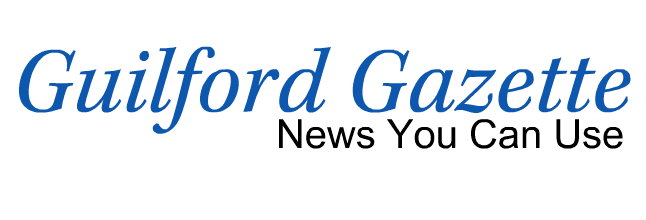Medicare expert Toni King writes a syndicated question and answer column helping retiring workers transition to Medicare benefits.
Toni:
I am a confused Boomer who needs to make my Medicare decision this fall when I turn 65. I do not know where to start or what to do?
Can you make this process a little simpler than what I am trying to understand surfing the internet? Thanks, Belinda from Oklahoma City.
Belinda:
Don’t feel alone because there are over 70 million Baby Boomers which equates to one (1) Boomer turning 65 every 8 seconds for the next 10 plus years. They will join the 55+million Americans who are already in the Medicare system.
Those who are entering the maze of Medicare are stressed with what their Medicare options are. They know that one wrong medical move can jeopardize their 401K they worked so hard for and is all they have left for their retirement days.
Let’s discuss a few basic facts that every Baby Boomer should know about Medicare:
1) Medicare is NOT free: Medicare covers a lot and there is a cost associated with Medicare Parts A and B. You have been paying tax dollars for Medicare and the premium for Part A is at no cost because you have paid into the tax system if you have worked 10 years or 40 quarters. Medicare Part B has a premium which is means tested depending on how much you have earned for that year.
In 2018, an average Medicare beneficiary pays $134 each month for Part B premium. Both Medicare Parts A and B have out of pocket expenses that you must meet. 2018 Medicare Part A (hospital) deductible is $1,340 not once a year but is every 60 days or 6 times a year. 2018 Medicare Part B deductible is $183 once a year with Medicare paying 80% of the Medicare approved amount and you paying the remainder 20%.
2) Learn Medicare’s alphabet soup…Parts A, B, C & D: Medicare Parts A and B cover hospital, medical and provider expenses are referred to as “Original Medicare” and the healthcare professionals refer to it as “Traditional Medicare”. Medicare Part C, known as Medicare Advantage plan is another way of receiving your Medicare benefits. Part D is Medicare Prescription Drug plans. They can be enrolled as a stand-alone plan with a Medicare Supplement with Original Medicare or bundled in a Medicare Advantage plan.
3) Medicare covers a lot: Medicare Part A covers in-patient hospital, skilled nursing facility care, home health and hospice care. Medicare Part B covers physicians’ services, outpatient surgery/services, lab/X-rays, MRIs, durable medical equipment and preventative services, etc.
4) Medicare doesn’t cover: Medicare doesn’t cover everything that you want it to cover. Services not covered are vision, hearing or dental expenses as well as Long Term Care and basic at in-home assistance.
5) Enroll on time: The only way Medicare is automatic for those turning 65 is when you are already receiving your Social Security check.
If you are not receiving your Social Security check and not working full time with true company benefits from either you or your spouse’s work, then you will want to enroll in Medicare Parts A and B via online at www.socialsecurity.gov/medicareonly.
Those working full-time with true company benefits or are covered under their spouse’s benefits may want to delay enrolling in Medicare Parts A and B until they finally retire or happen to be laid off from their current employment.
American Baby Boomer Society ™is now available to help educate America about Medicare. Visit www.ABBS4u.com and view the Medicare courses, Dental and Vision discount plans and ABBS 10,000+ discounts. ABBS motto is “A Strong educated America is a strong America!”
Toni King, author of Medicare Survival Guide® Advanced is having a bundle book special at www.tonisays.com.
Support Community Journalism | SUBSCRIBE

